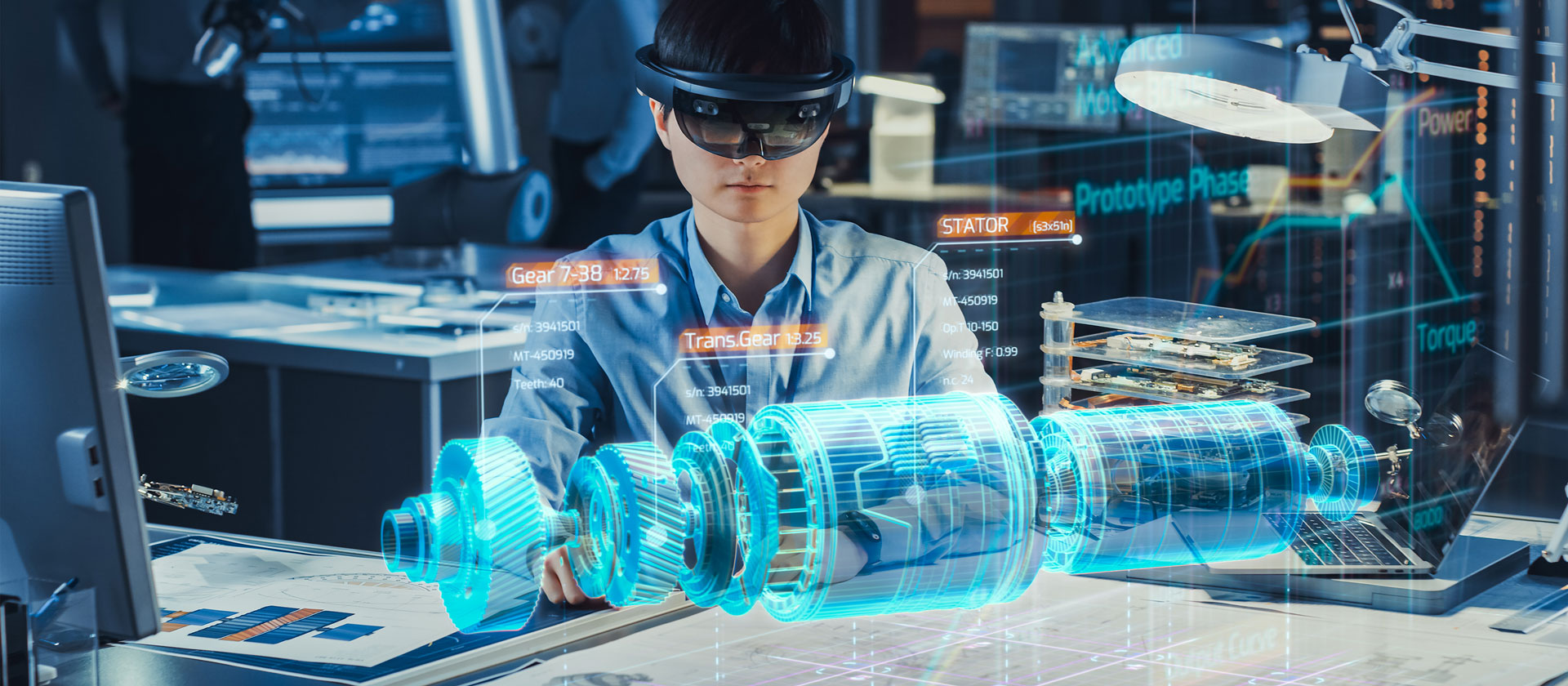Much is being made of automation and artificial intelligence (AI). Rightfully so. They permeate the news daily and impact every facet of society by the minute. There isn’t a business that hasn’t benefited from technological advances and in particular, the combination of automation and AI are ubiquitous in the marketing realm.
We’ve long-since moved past the art of marketing’s golden age and into the break-neck speed of the science of marketing. The days of guessing which half of our marketing is working are in the rear-view mirror. Aggregation and interpretation of readily available analytics have put the guessing to rest.
Marketing automation leverages software to automate tedious marketing tasks and not just for the sake of efficiency, but also to provide a more personalized experience for customers.
The lightning-quick speed in which these tools are evolving makes it difficult to know which to deploy and which are already obsolete. Here tools and trends we are watching. The question you should be asking is how can they save me time and money?
Personalization at Scale: AI-powered marketing tools will continue to enhance the ability of businesses to deliver personalized experiences to customers. By analyzing vast amounts of data, AI can understand individual preferences, behavior, and purchase history, enabling marketers to tailor content, offers, and product recommendations more effectively.
Enhanced Customer Support: AI-powered chatbots and virtual assistants will become more sophisticated, providing instant and personalized customer support. These bots can handle routine inquiries, resolve issues, and guide customers through the sales funnel, improving overall customer satisfaction.
Improved Content Creation: AI will aid marketers in generating high-quality content more efficiently. Tools like natural language generation (NLG) can produce blog posts (like this one), social media content, and product descriptions, freeing up time for marketers to focus on strategy and creativity. For more on the value of content marketing click here.
Advanced Data Analysis: AI will play a crucial role in analyzing vast datasets, providing valuable insights to marketers. This includes identifying trends, understanding customer behavior, and predicting market demands, helping companies make data-driven decisions.
Programmatic Advertising: AI-driven programmatic advertising platforms will continue to optimize ad placements, targeting, and bidding in real-time (think Google Ad-Words), ensuring that marketing budgets are used more efficiently and leading to better ad performance.
Voice Search and AI Assistants: As voice search and smart home devices gain popularity, marketers will need to adapt their strategies to optimize for voice-based queries and leverage AI-powered voice assistants for brand engagement.
Influencer Marketing: AI tools will assist marketers in identifying suitable influencers for their brands based on factors like audience demographics, interests, and engagement levels, improving the effectiveness of influencer marketing campaigns.
Predictive Customer Analytics: AI will help marketers predict customer churn, understand customer lifetime value, and identify potential cross-selling and upselling opportunities, enabling businesses to nurture existing customers more effectively.
Social Media Management: AI-powered social media management tools will help marketers schedule posts, track engagement, and analyze audience sentiment, streamlining social media efforts and making data-driven decisions.
Ethical Considerations: As AI becomes more prevalent in marketing, ethical considerations around data privacy, bias, and transparency will become more critical. Marketers will need to navigate these issues responsibly to build and maintain trust with their customers. A good first step is to develop internal policies and practices on the handling of private information, beyond what is required by law alone.
The newness of many of the automation tools, and in particular implementing artificial intelligence, still has a long way to go relative to legislation, security, oversight, and privacy protections. Those unresolved considerations must be weighed before employing any of these tools.
But knowing how it can impact your business and its efficiencies can make imaginative and creative original work more effective in its reach and personal connections.
These systems and processes can be combined and centralized to manage the customer experience and workflow more efficiently. From lead generation to prospect management to customer service, they save companies time and money.
Automation and AI will continue to revolutionize marketing practices, offering new efficiencies, insights, and personalized experiences. It’s vital to a business’ competitive bottom line to adapt and stay up to date with technological advancements and to leverage these tools effectively.
Profile by Design can help assess the tools and implications automation and AI offer your business. Why not ping us today?

